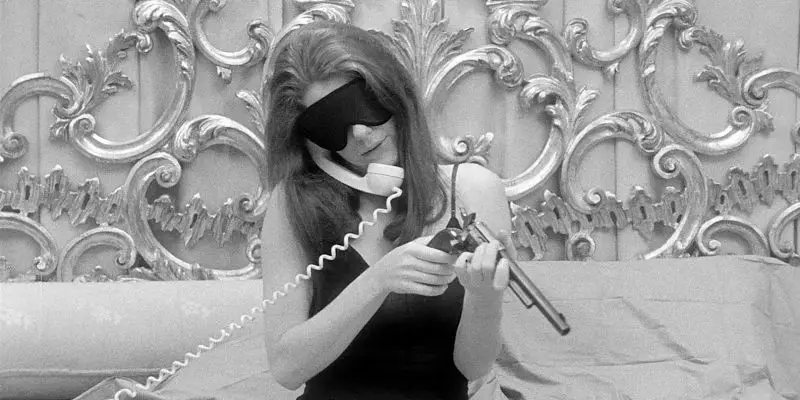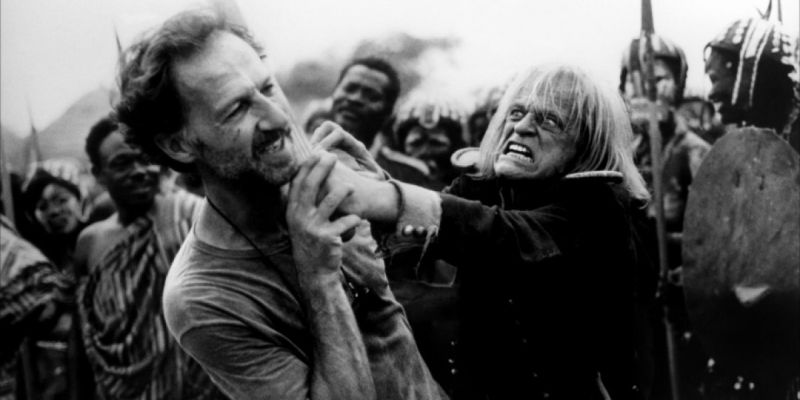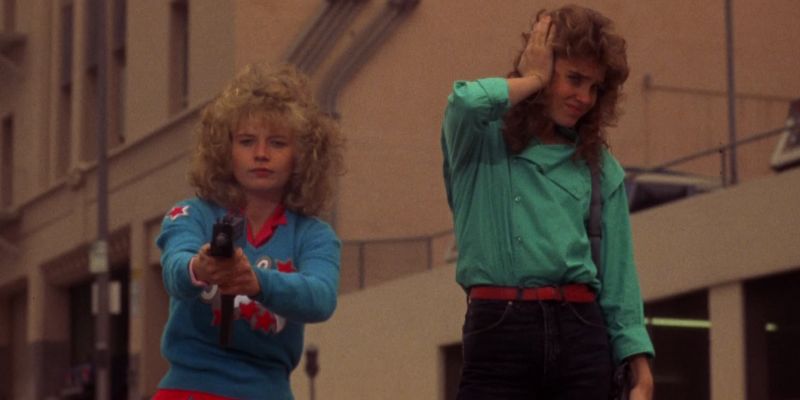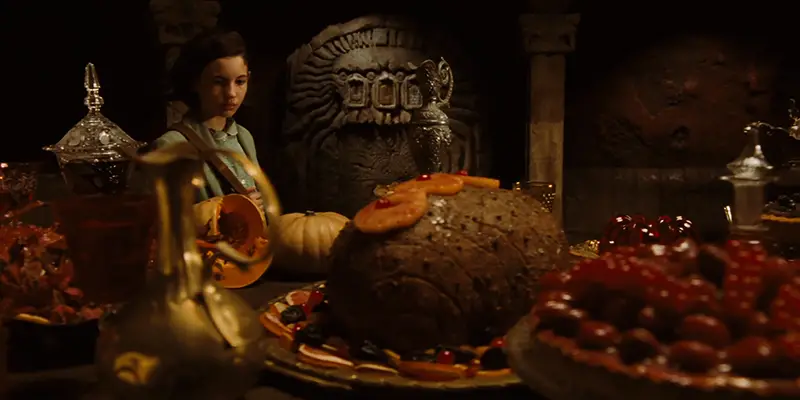Features

Like all social groups, people with disability have been portrayed in diverse ways in Hollywood, from stereotypical representations in horror to genuine inspirations in melodramas. Disability is represented as a metaphor through imagery or characters’ features, or as a direct subject within the narrative. The entire concept of genre is recycled from elements within society, and the relevant features of each specifically labels the disabled into a certain character type.
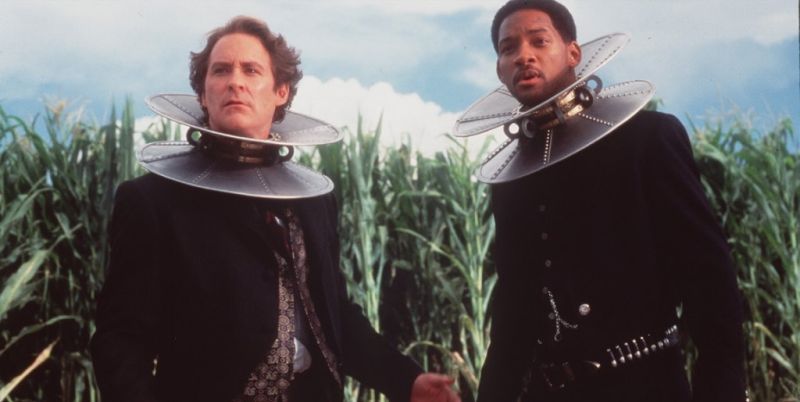
Taste is a fluid thing, though we seldom view it as such in the moment. For many, our cultural tastes define us and they are as solid and inscrutable as a pope made out of granite. Yet this is something that is often felt even bereft of the experience required to discover, explore and refine what kinds of cinema to which one really responds.

There has been a historical frequency in film for older men to be depicted in romantic relationships with younger, sometimes much younger, women. This article seeks to examine whether this propensity for older men to be paired with younger women on-screen can reveal something of mainstream cinema’s and, by extension, western culture’s attitudes towards older women, sex and romance. Might more contemporary examples featuring fresh approaches to the age gap be leading us down a new path, featuring a wider range of romantic perspectives?

William Shakespeare, Arthur Miller, Oscar Wilde, Samuel Beckett and Harold Pinter; when it comes to playwrights who have had their work go from stage to silver screen, the list sees no end. Whilst everyone cannot resist a new portrayal of a timeless piece of literature incorporated with modern twists and/or special effects, audiences are constantly being introduced to plays through the expression of cinema. While this is a positive notion, it does however highlight the contrary:
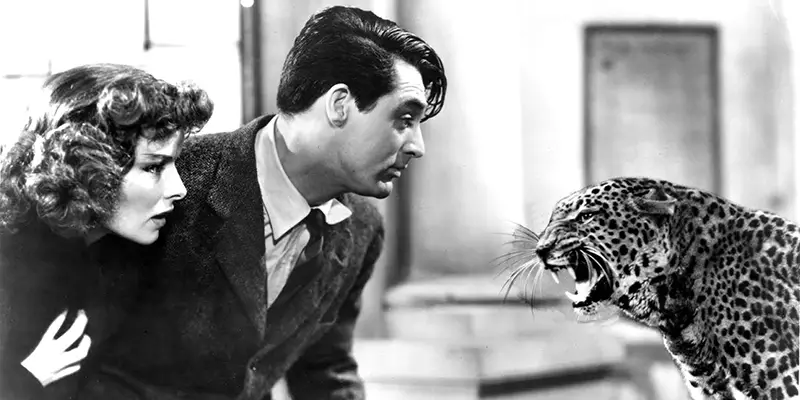
Screwball comedy is a predominantly American film genre popularised during the Great Depression. The golden era of screwball comedy was the 1930s and early 1940s, with hundreds of films being produced and the genre fast becoming one of Hollywood’s most popular. However, from the mid 1940s, evolving circumstances saw it becoming increasingly obsolete, with true screwball comedies beyond the 1960s being few and far between.
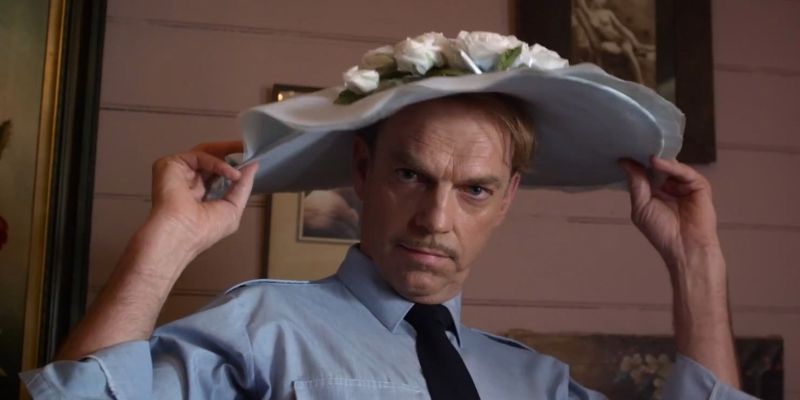
Much attention has been drawn to Hollywood of late, and several condemnations of its practises issued. While the recent #OscarsSoWhite kerfuffle is certainly indicative of a problem, I think the real issue stretches beyond race only. As a colleague here has pointed out in a recent article, we aren’t all fooled.

Should you feel like bringing up Woody Allen in conversation there is a good chance you will either be met with a proclamation of love or a snort of disdain. The Brooklyn-born filmmaker, now in his eighth decade, is divisive for a whole range of reasons (not all of which are related to his films), but he has a solid fan-base that has allowed him to become one of the most consistently working directors around. Averaging out at one film per year, Allen has an extensive back catalogue that is often overlooked.



